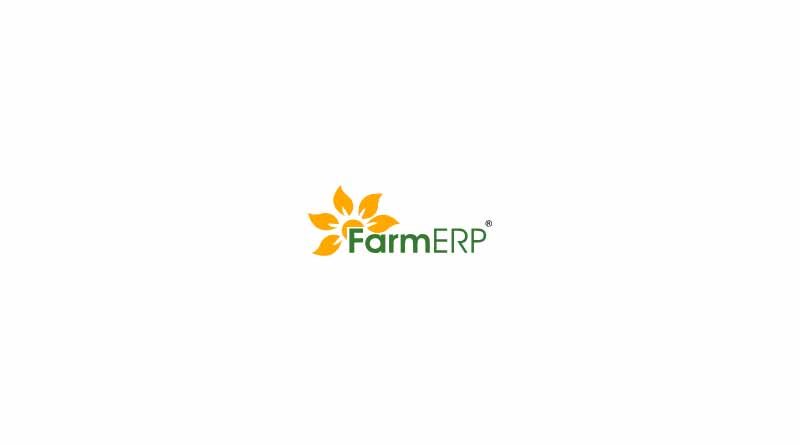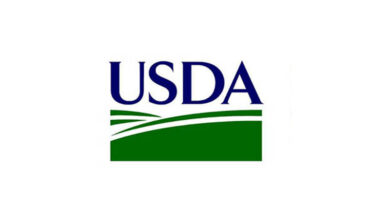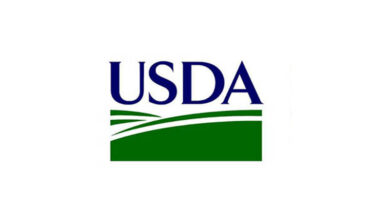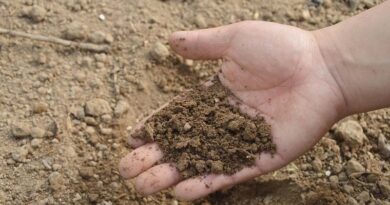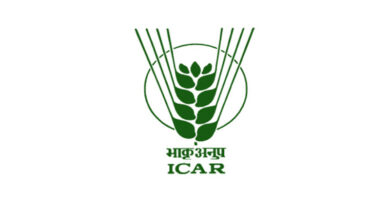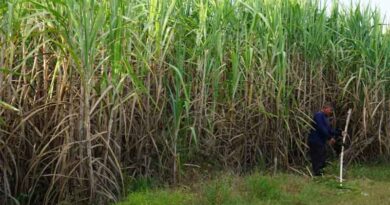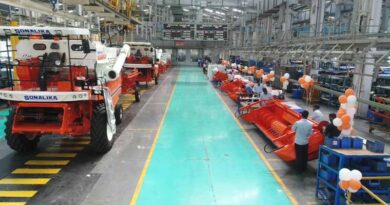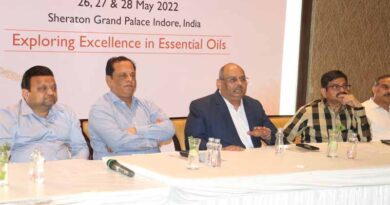Farm Analytics and AI-driven Farming: The Future of Food Production
Guest Author: Santosh Shinde, COO and Co-Founder, FarmERP
28 June 2021, UK: According to the United Nations (UN), the global population is expected to reach the 9.7 billion mark by 2050. The unprecedented demand for food and food safety concerns have compelled farmers to ensure the early detection and control of crop diseases. Farmers need to be able to precisely record and analyse the varying crop parameters and make wise decisions for this.
Artificial Intelligence (AI) and farm analytics today have revolutionised the agriculture industry. These farming processes possess tremendous potential to turn smallholders into successful producers. By digitalising and optimising several farm functions, these emerging technologies can thus map an upward trajectory for the agriculture sector.
Also Read: Union Agriculture Minister inaugurates Oxygen Unit set up by UPL
Pest-attacks, climate change, crop failure possibilities, and soil degradation are compelling farmers to adopt smart farming. The growing need to produce more with less resources is also forcing farmers to adopt data-driven and precision farming techniques. AI-driven farming and farm analytics can provide farmers with pest-risk forecasts, image-based insights, and weather pattern information.
Utilising tech-driven approaches can offer actionable agronomic insights to help farmers carry out data-intensive farming techniques with maximum efficiency. By offering better visibility into crop failure risks, AI and farm analytics can also help in protecting the profit margins of producers.
AI-driven farming can assist in detecting and mapping crop diseases, pests, as well as in identifying plants with poor nutrition. The apt use of fertilizers is essential to get rid of these pests and diseases. Advanced farm analytics can predict the precise requirement of fertilizer application and help in maintaining the desired quality of agriproducts.
It is possible to constantly track your fields as well as indoor growing environments through AI. Image-based insights can help in monitoring and analysing numerous aspects of agriculture. Tech-driven methods to scan farms can help farmers in making crucial decisions associated with end-to-end agricultural operations.
Drones can be used along with AI for monitoring crops and in-depth analysis of field parameters. Implementing farm analytics on the data captured through these monitoring practices can be beneficial in determining problematic areas in real-time.
AI-driven soil monitoring can identify potential defects and nutrient deficiencies in the soil through image processing techniques. Pre-processing images of leaves can help in analysing and detecting crop diseases precisely. Image-based insights can also help categorize the crops or fruits depending upon the different levels of their readiness.
Farm management platforms, powered with farm analytics and AI capabilities, can enable farmers to respond promptly and accurately to extreme weather events. Data in the form of
weather forecasts can thus help farmers in increasing their yields and profits with minimum risks of crop failure.
Smart tech integration can make the processes of farm planning, water conservation, pest detection, and fertilizer management more data-driven. Increasing farm productivity per area through a data-driven approach can be possible with the incorporation of analytics and AI.
Data-driven farming boosts agricultural productivity by enabling decisions based on insights rather than intuition. AI and farm analytics can help you in deriving maximum value from the large datasets of your complex farm information.
Farm analytics and AI-based agriculture can enable you to gather data and analyse weather conditions, water usage, and soil health accurately. It can also help you in assessing process requirements and allocating your resources accordingly for maximum efficiency. The use of AI and farm analytics can thus encourage data-based farm management and provide producers with productive and economic outcomes.
Many farmers fail to capitalise on the benefits of smart farming. By not analysing the huge datasets generated from various operations, they miss out on refining their processes to enhance agricultural productivity. Farm analytics and AI-driven farming are emerging to be potential approaches that can spearhead the future of agriculture, food production and smart farming.

